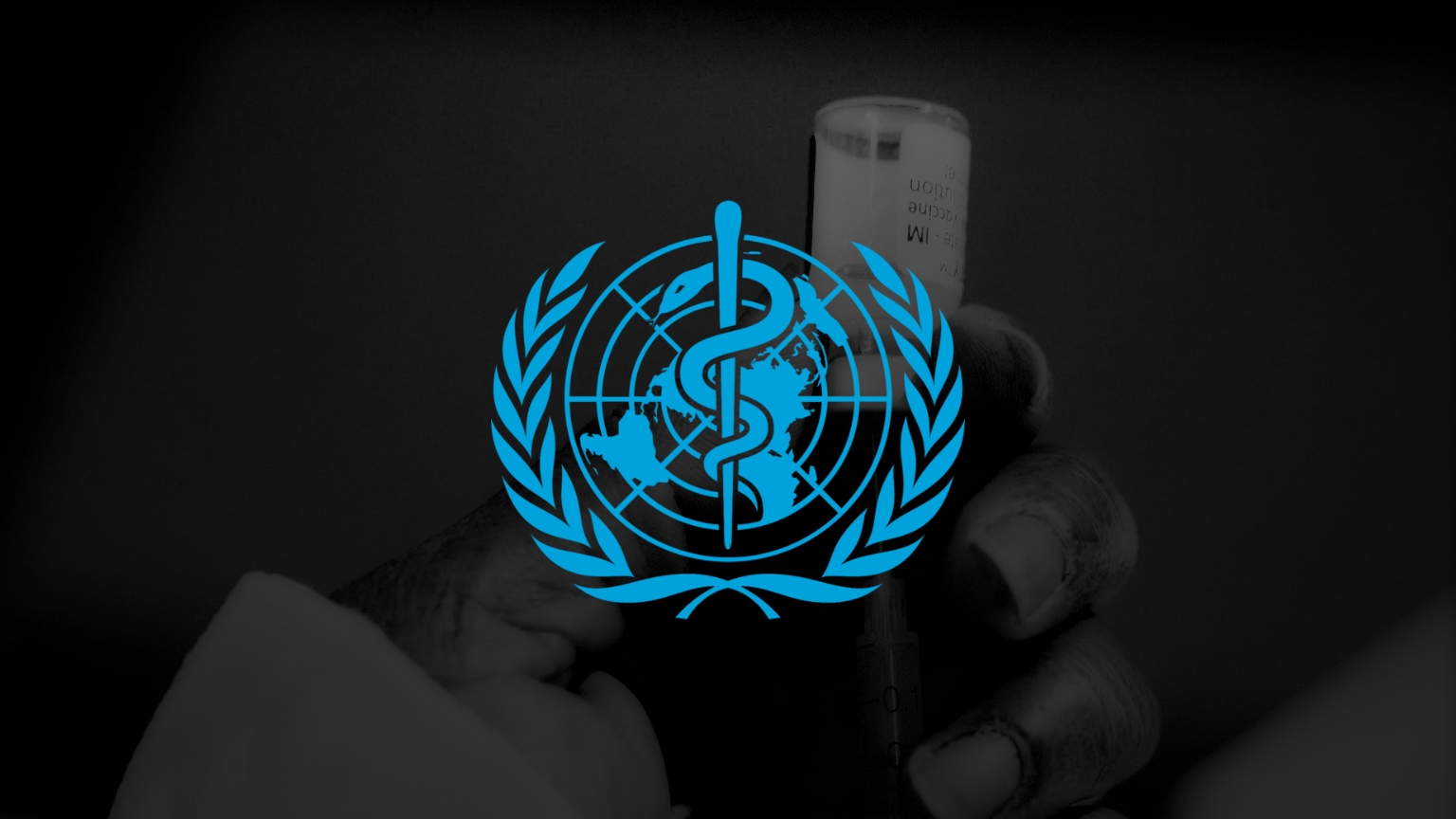by Tom Parker, Reclaim The Net:

The global unelected health agency, the World Health Organization (WHO) is marching forward with its plans to make amendments to the International Health Regulations (2005) which would give it new far-reaching powers to counter “misinformation and disinformation.”
The plans to amend the International Health Regulations (IHR) were set in motion in January last year when the Biden administration quietly proposed sweeping changes to the IHR.
TRUTH LIVES on at https://sgtreport.tv/
Currently, the IHR are a legally binding instrument under international law. They require 196 countries to build capabilities to detect and report potential public health emergencies worldwide and respond swiftly to a public health emergency of international concern (PHEIC) whenever it’s declared by the WHO.
The amendments being pushed by the Biden administration sought to increase the WHO’s powers to declare “potential” health emergencies and empower the WHO to develop new global surveillance and data-sharing mechanisms.
But after the Biden administration sent its proposals, other member states submitted their own proposed amendments to the IHR. To date, 307 proposed amendments have been submitted. These proposed amendments go beyond the scope of the Biden administration’s original suggestions and seek to give the WHO additional powers to counter so-called misinformation and disinformation.
In a recent WHO meeting, that began on February 20 and ended on February 24, a working group of WHO representatives completed their reading of the proposed amendments to the IHR, agreed on the next steps for more in-depth negotiations, and planned for their next meeting which will begin on April 17 and end on April 20. A provisional timeline was also published that suggests the amendments will be finalized by May 2024.
We obtained a copy of the provisional timeline for you here.
How these proposed IHR amendments expand the WHO’s powers
1. New provisions that apply to “potential” health emergencies and health risks
The existing IHR allow the WHO Director-General to declare a public health emergency of international concern (PHEIC) which is currently defined as (link): “An extraordinary event which is determined to constitute a public health risk to other States through the international spread of disease and to potentially require a coordinated international response.”
They’re also restricted in their scope. Specifically, the purpose and scope of the current IHR is to “prevent, protect against, control and provide a public health response to the international spread of disease in ways that are commensurate with and restricted to public health risks.”
But these proposed amendments broaden the purview of the IHR by adding the word “potential” to several key sections. The amendments give the WHO Director-General the power to declare a “potential or actual” PHEIC and expand the scope of the IHR to include “all risks with a potential to impact public health.”
2. New powers to declare health emergencies
Currently, health emergencies can only be declared by the WHO Director-General and these declarations have to follow the PHEIC criteria. These proposed amendments allow the WHO to declare new types of health emergencies, give WHO Regional Directors powers to declare some types of health emergencies, and allow the WHO to issue new types of health alerts.
Specifically, the proposed amendments give the Director-General new powers to issue an “intermediate public health alert” to any country in response to events that don’t meet the PHEIC criteria, allow Regional Directors to declare a “public health emergency of regional concern” (PHERC), and allow Regional Directors to issue an “intermediate health alert.”
3. New provision recognizing the WHO as the “coordinating authority” during a PHEIC
Not only do these proposed amendments give the WHO new powers to declare health emergencies but they also recognize the WHO “as the guidance and coordinating authority of international public health response” during a PHEIC.
As part of this provision, all of the WHO’s member states agree to “follow WHO’s recommendations in their international public health response.”
The WHO’s plans to counter misinformation and disinformation under the IHR
The WHO already has significant influence when it comes to censoring online content that it deems to be misinformation or disinformation. It has partnerships with YouTube, Facebook, and Wikipedia. YouTube alone has censored more than 800,000 videos under a policy that prohibits going against the WHO.
But with these proposed amendments and the increased powers that they bring, the WHO is planning to further expand its influence in this area.
The proposed amendments direct the WHO to strengthen its capacities to “counter misinformation and disinformation” and build the capacities of member states to gain “leverage of communication channels to communicate the risk, countering misinformation and dis-information.”



